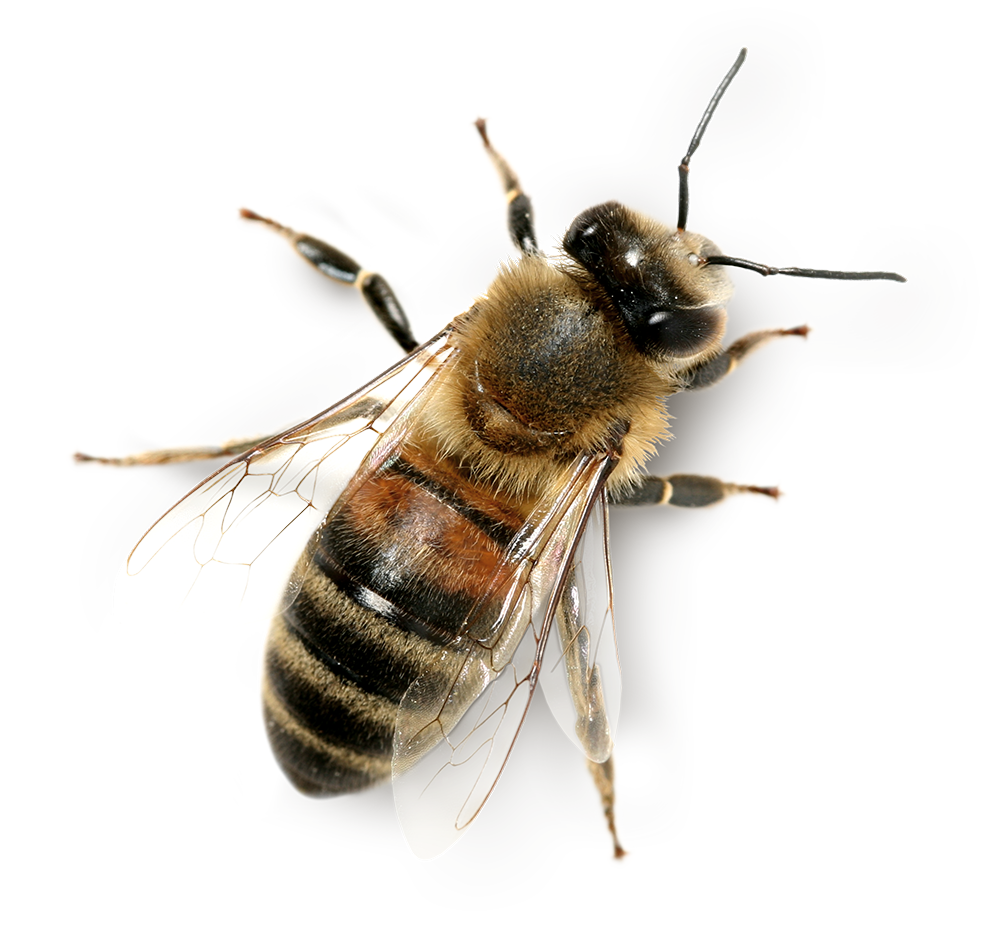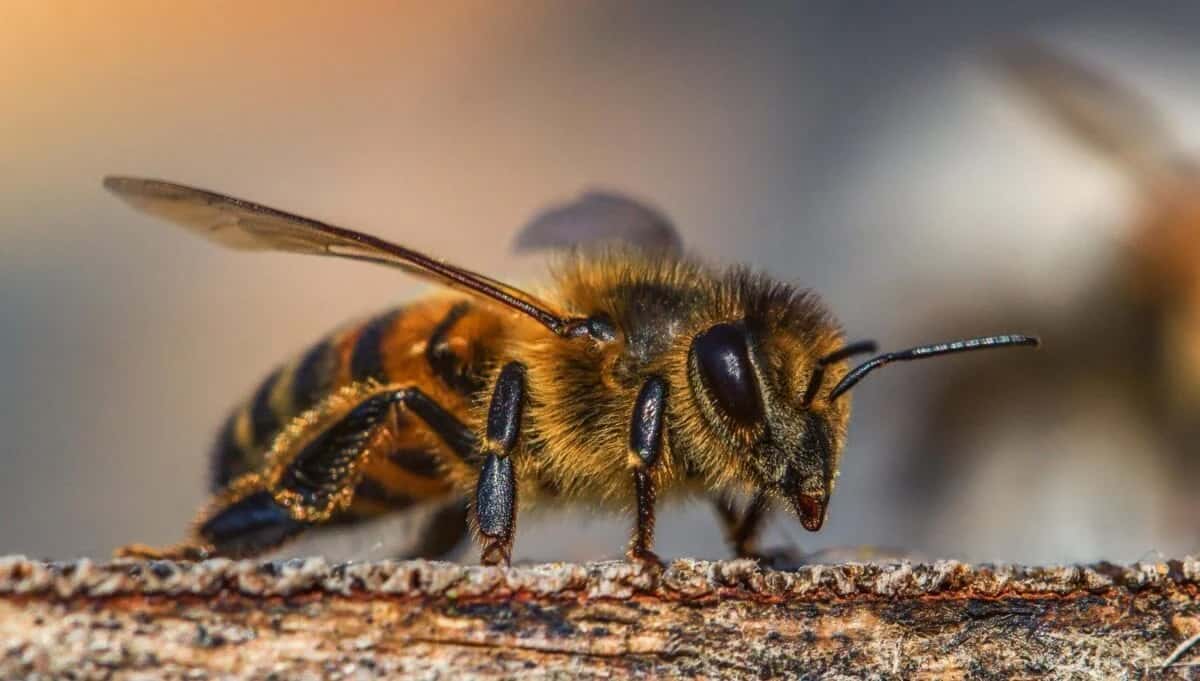In recent years, the health benefits of bee pollen have gained significant attention. Rich in nutrients and often referred to as a superfood, bee pollen can play a vital role in enhancing your overall well-being. This article explores the top five reasons why you should consider adding bee pollen to your diet today.
1. Nutrient-Dense Superfood

Bee pollen is a powerhouse of nutrition. It contains a wide array of vitamins, minerals, and antioxidants that can contribute to your health. A typical serving of bee pollen includes:
- Proteins: Approximately 25% of bee pollen is comprised of protein, making it an excellent source for vegetarians.
- Amino Acids: Bee pollen contains all essential amino acids required by the human body.
- Vitamins: Rich in B vitamins (like B1, B2, B3, and B5), vitamin C, and vitamin E, bee pollen supports various bodily functions.
- Minerals: It provides essential minerals like zinc, iron, magnesium, and calcium.
- Antioxidants: These help combat oxidative stress and may reduce the risk of chronic diseases.
According to a study published in the Journal of Agricultural and Food Chemistry, bee pollen contains more than 250 active substances, making it an incredibly rich dietary supplement.
2. Immune System Support

Strengthening your immune system is crucial for maintaining health, especially during cold and flu season. Bee pollen has been shown to enhance immune response due to its high concentration of antioxidants and anti-inflammatory properties. Research indicates that:
- Bee pollen can stimulate the production of antibodies, which are essential for fighting off infections.
- It has natural antimicrobial properties, helping to combat bacteria and viruses.
A study conducted by the University of Southern California found that individuals who consumed bee pollen regularly had a lower incidence of infections compared to those who did not. This suggests that integrating bee pollen into your diet could be a proactive measure to boost your immunity.
3. Allergy Relief

For many, allergies can be a significant impediment to enjoying life fully. Interestingly, bee pollen has been noted for its potential to alleviate allergy symptoms. Here’s how:
- Bee pollen contains small amounts of the pollen that triggers allergic reactions, which may help your body build a tolerance over time.
- The anti-inflammatory properties of bee pollen help reduce the severity of allergic reactions.
A clinical study by the National Institutes of Health found that individuals who took bee pollen experienced a notable reduction in allergy symptoms, such as sneezing, nasal congestion, and itchy eyes. While bee pollen should not replace prescribed allergy medications, it can be a useful supplement for those looking for natural relief.
4. Energy Booster

If you’re looking for a natural way to boost your energy levels, bee pollen might be your answer. Its rich composition of carbohydrates, proteins, vitamins, and minerals acts as a natural energy enhancer. Here’s what you should know:
- Bee pollen provides a quick source of energy, making it an excellent pre-or post-workout supplement.
- The carbohydrates in bee pollen are predominantly in the form of simple sugars, providing immediate energy without the crash associated with processed sugars.
A study published in the Sports Medicine journal found that athletes who consumed bee pollen experienced enhanced endurance and performance. Many users report feeling revitalized and less fatigued after incorporating it into their diets.
5. Supports Digestive Health

Maintaining a healthy digestive system is crucial for overall wellness, and bee pollen can play a significant role in this aspect. Here’s how it helps:
- Bee pollen is rich in enzymes that aid in the digestion of food.
- It contains probiotics that promote gut health by balancing the gut microbiome.
Research from the Institute of Food Technologists indicates that the prebiotic effects of bee pollen can enhance gut flora, which is essential for digestion and nutrient absorption. Many people who add bee pollen to their diets report improved digestion and relief from issues such as bloating and gas.
Incorporating Bee Pollen into Your Diet

Now that you’re aware of the numerous benefits of bee pollen, you might be wondering how to incorporate it into your daily routine. Here are some easy ways:
- Add bee pollen to smoothies for a nutrient boost.
- Sprinkle it on yogurt or oatmeal.
- Mix it into energy bars or protein shakes.
- Use it as a topping for salads or soups.
When starting with bee pollen, it’s advisable to begin with small amounts to assess your body’s tolerance, particularly if you have allergies. Consult with a healthcare professional if you have concerns regarding its use.
In conclusion, bee pollen is a nutrient-dense superfood that can significantly enhance your diet and overall health. From boosting your immune system and alleviating allergy symptoms to providing a natural energy boost and supporting digestive health, the benefits are compelling. As more research highlights its advantages, it’s clear that adding bee pollen to your diet is a step towards better health. With its versatility and rich nutrient profile, bee pollen is an easy and delicious supplement that can foster your wellness journey. Don’t hesitate to explore this natural powerhouse and experience the benefits for yourself!




